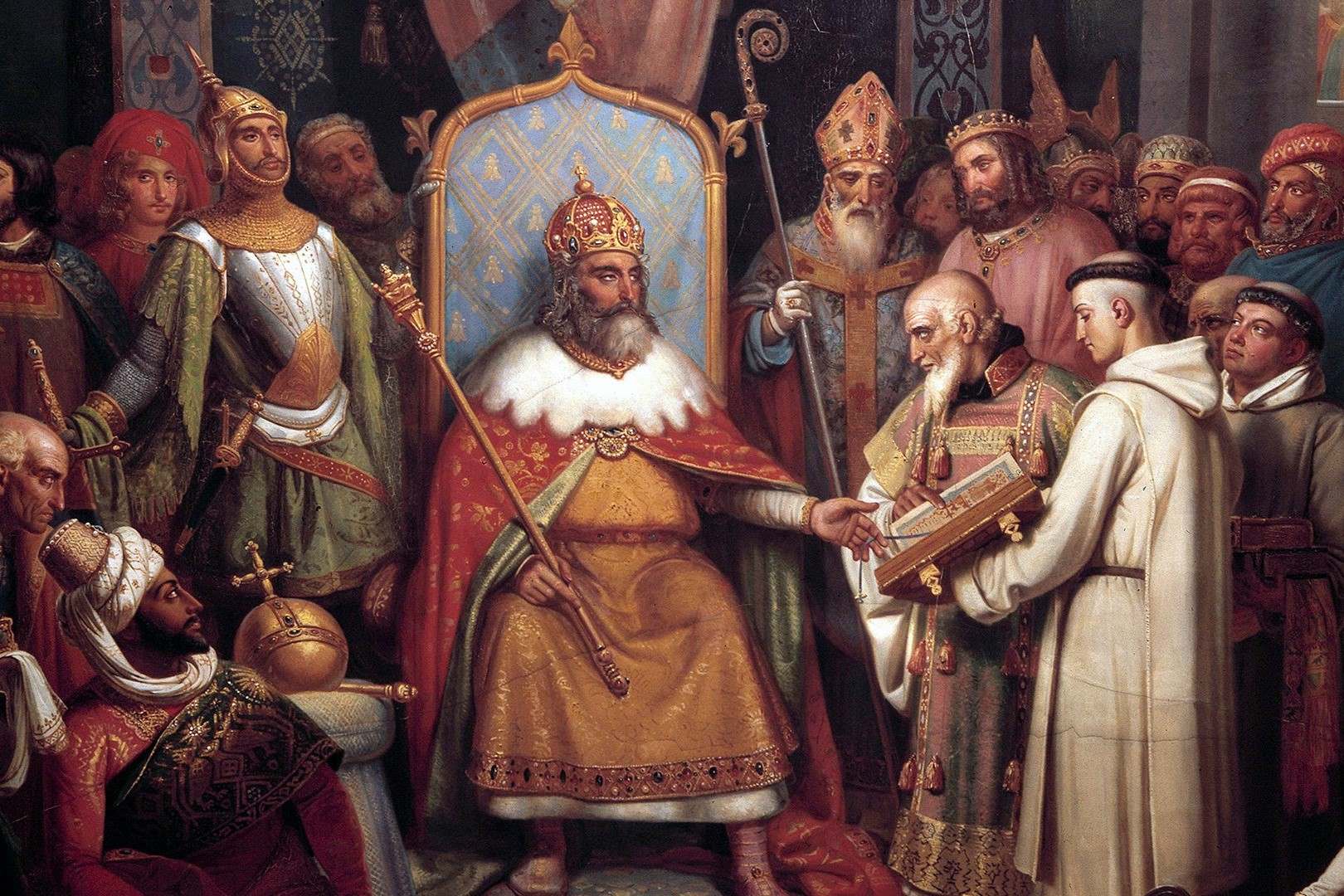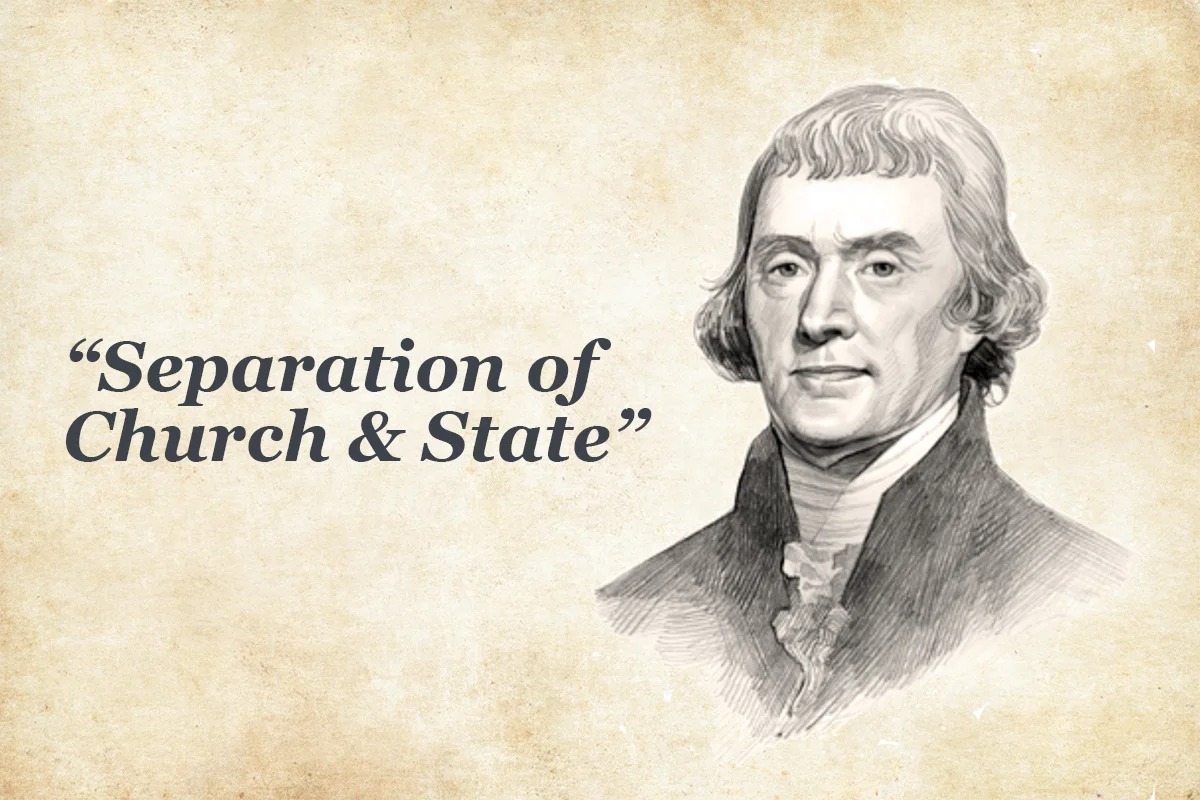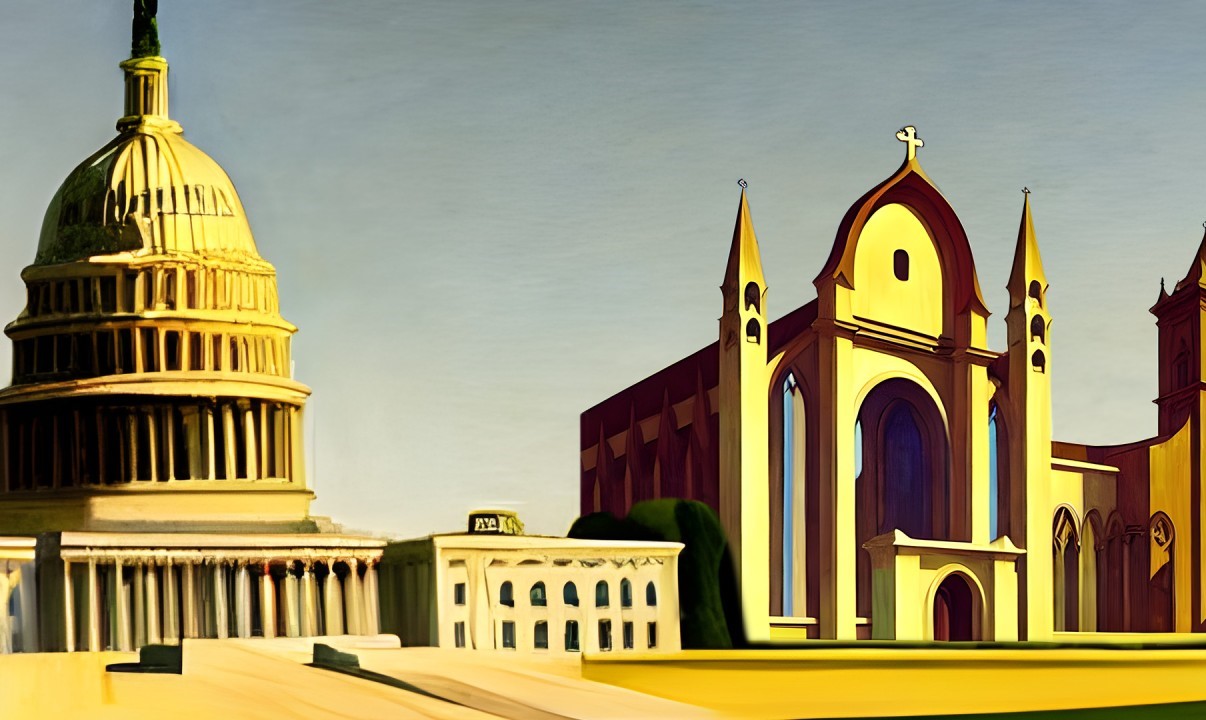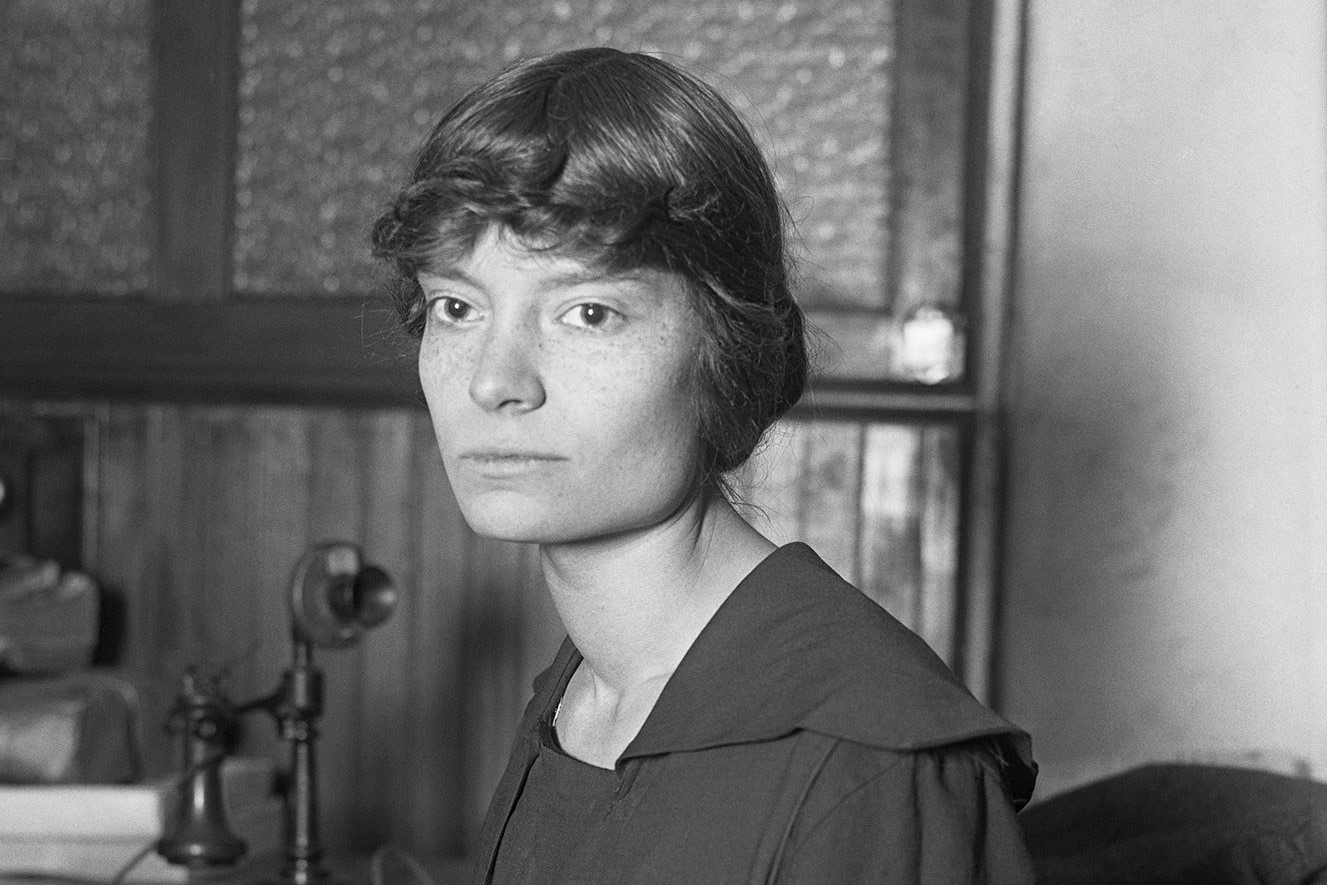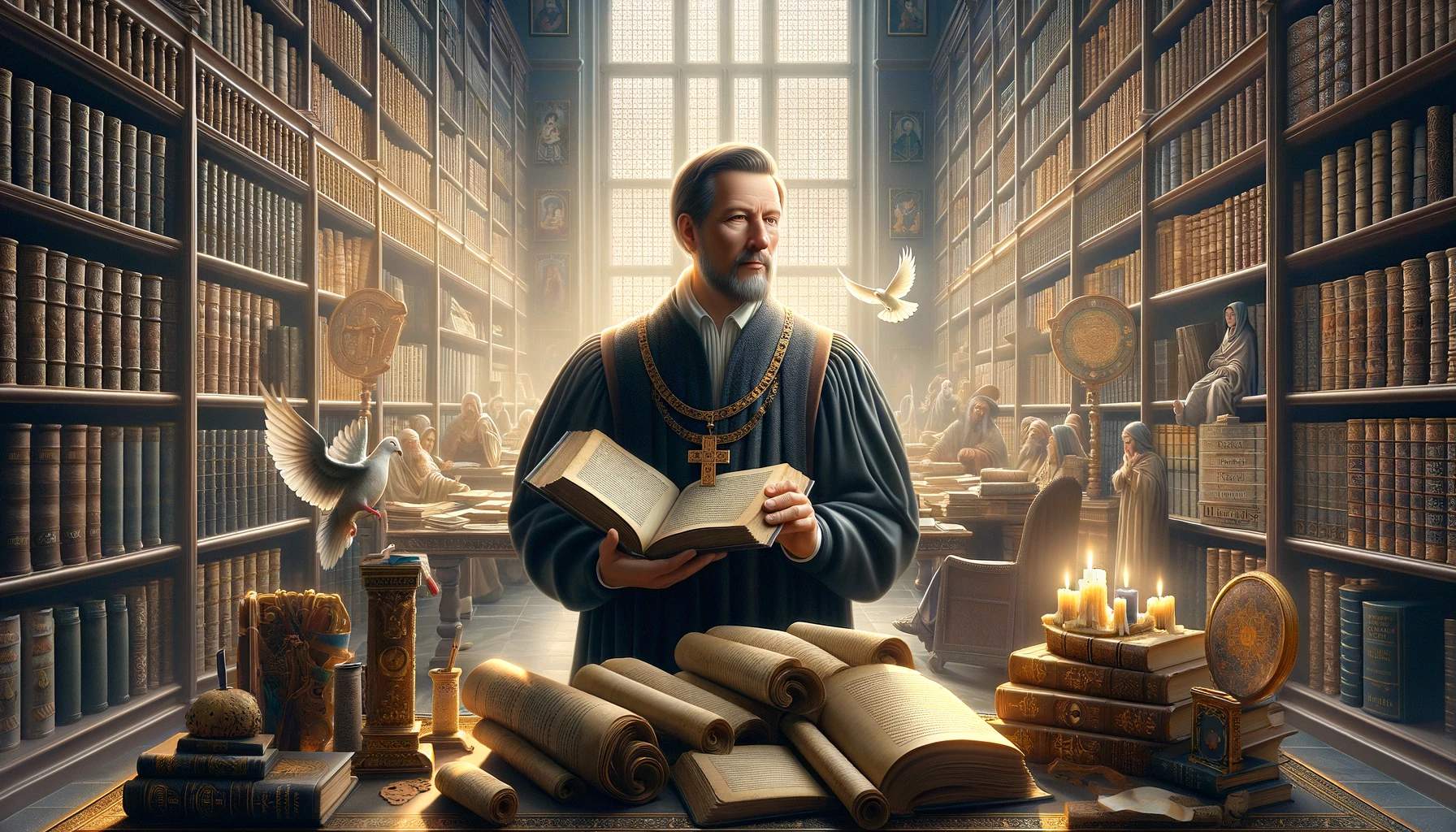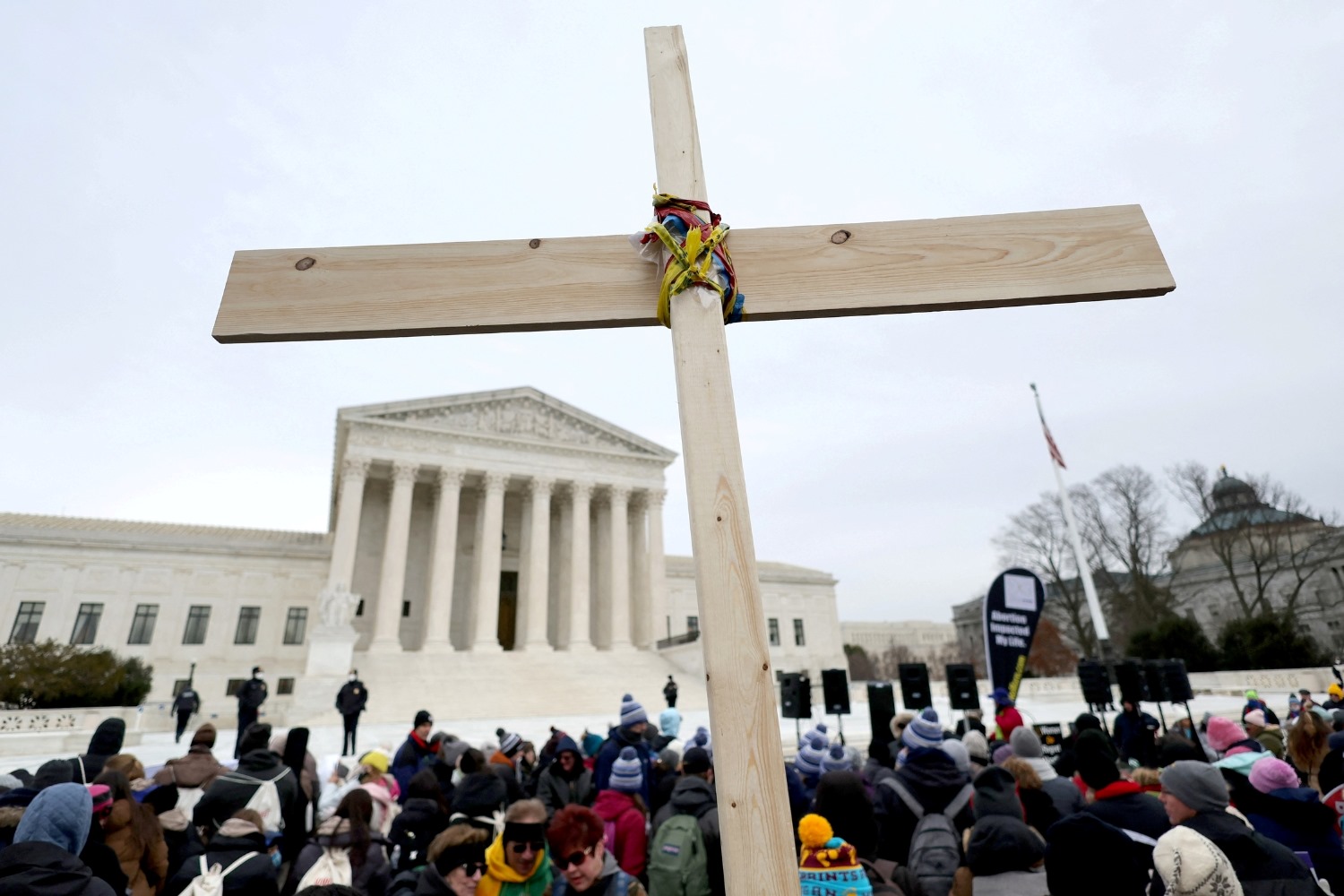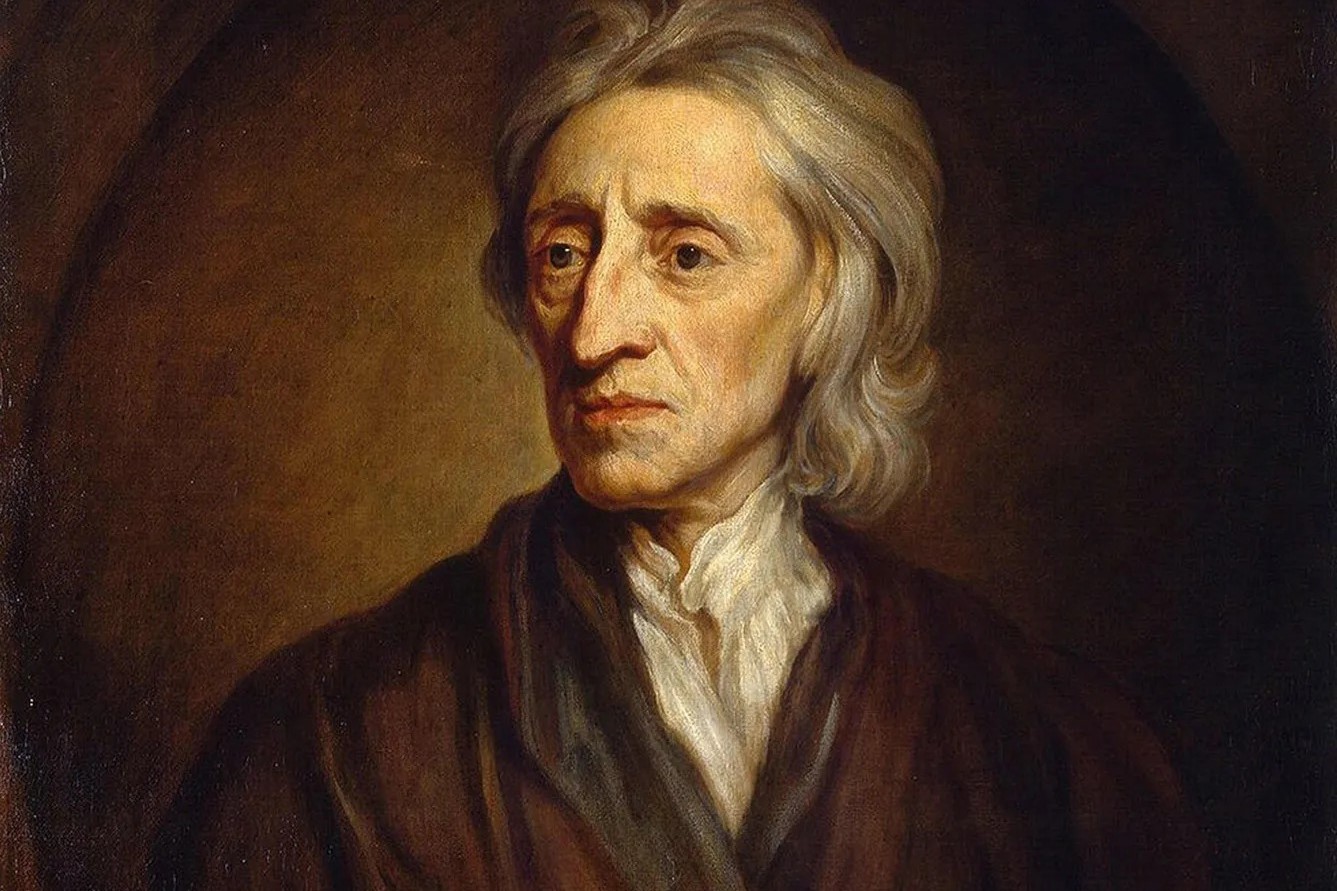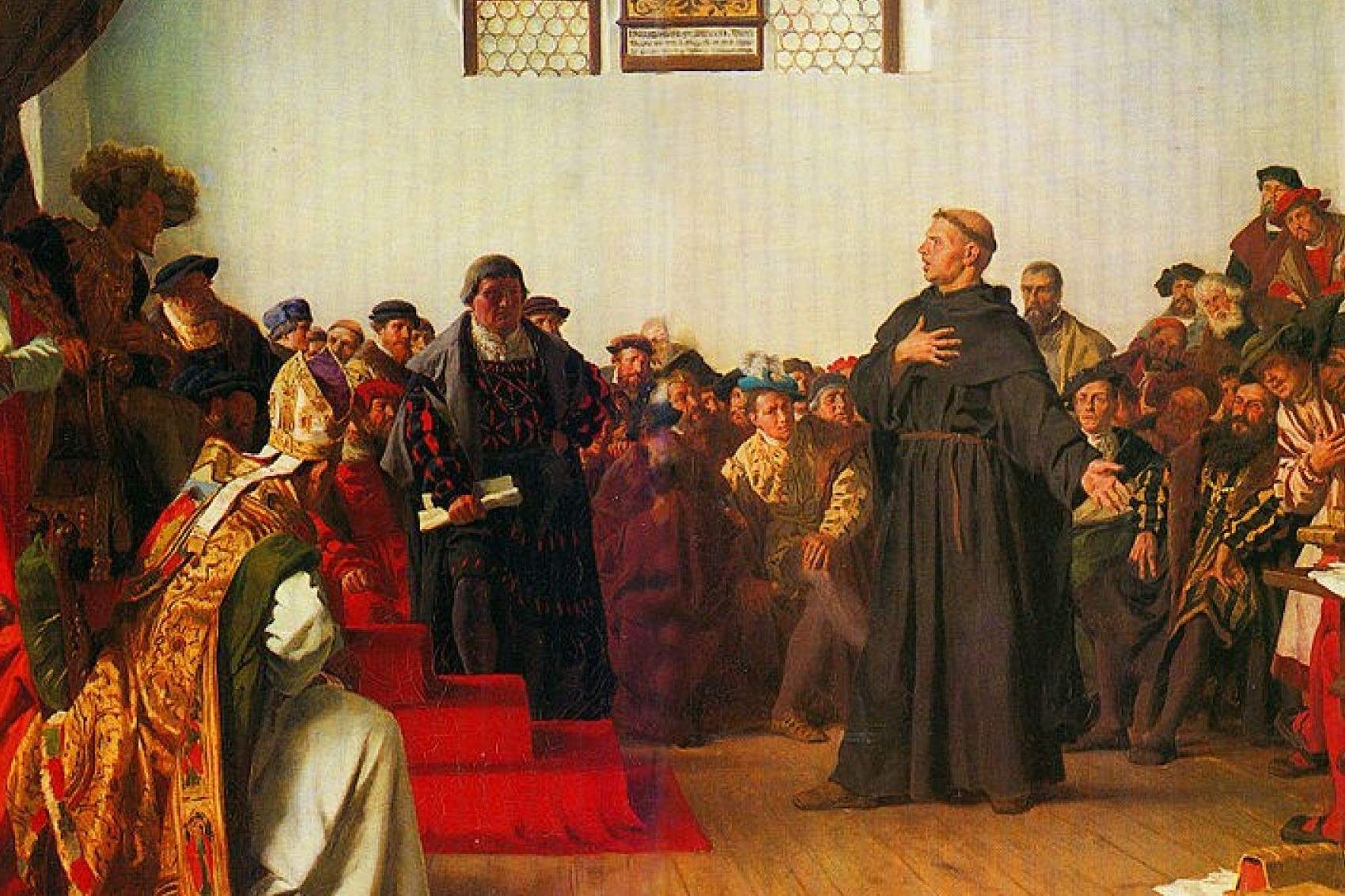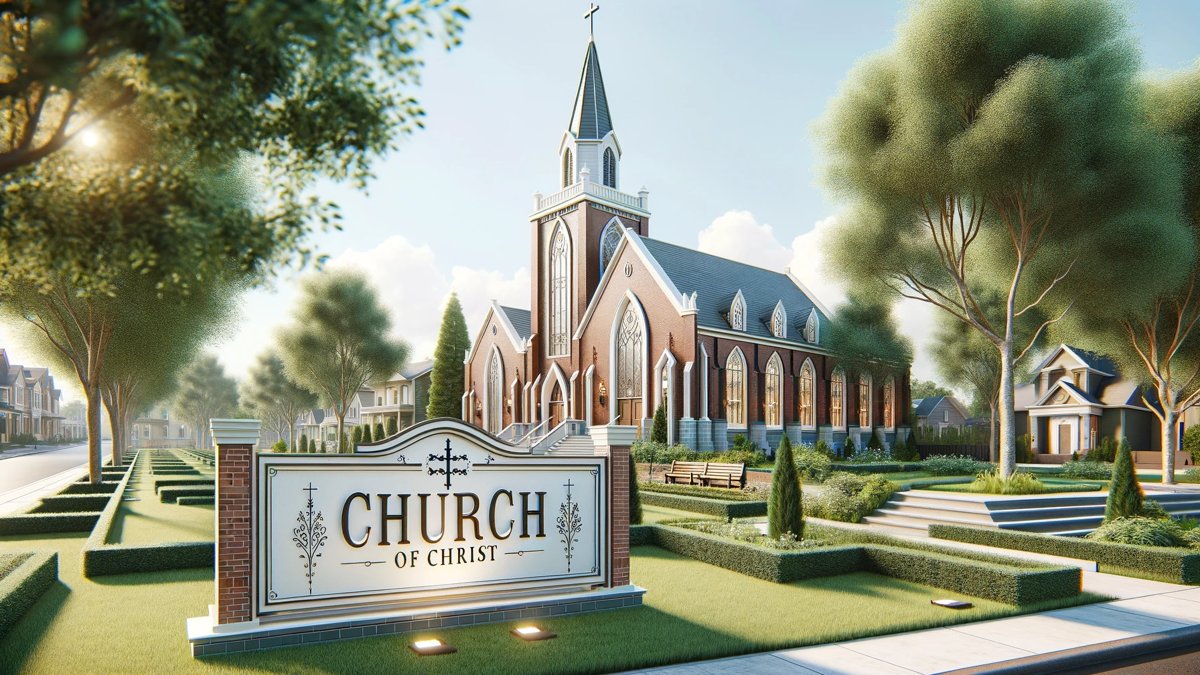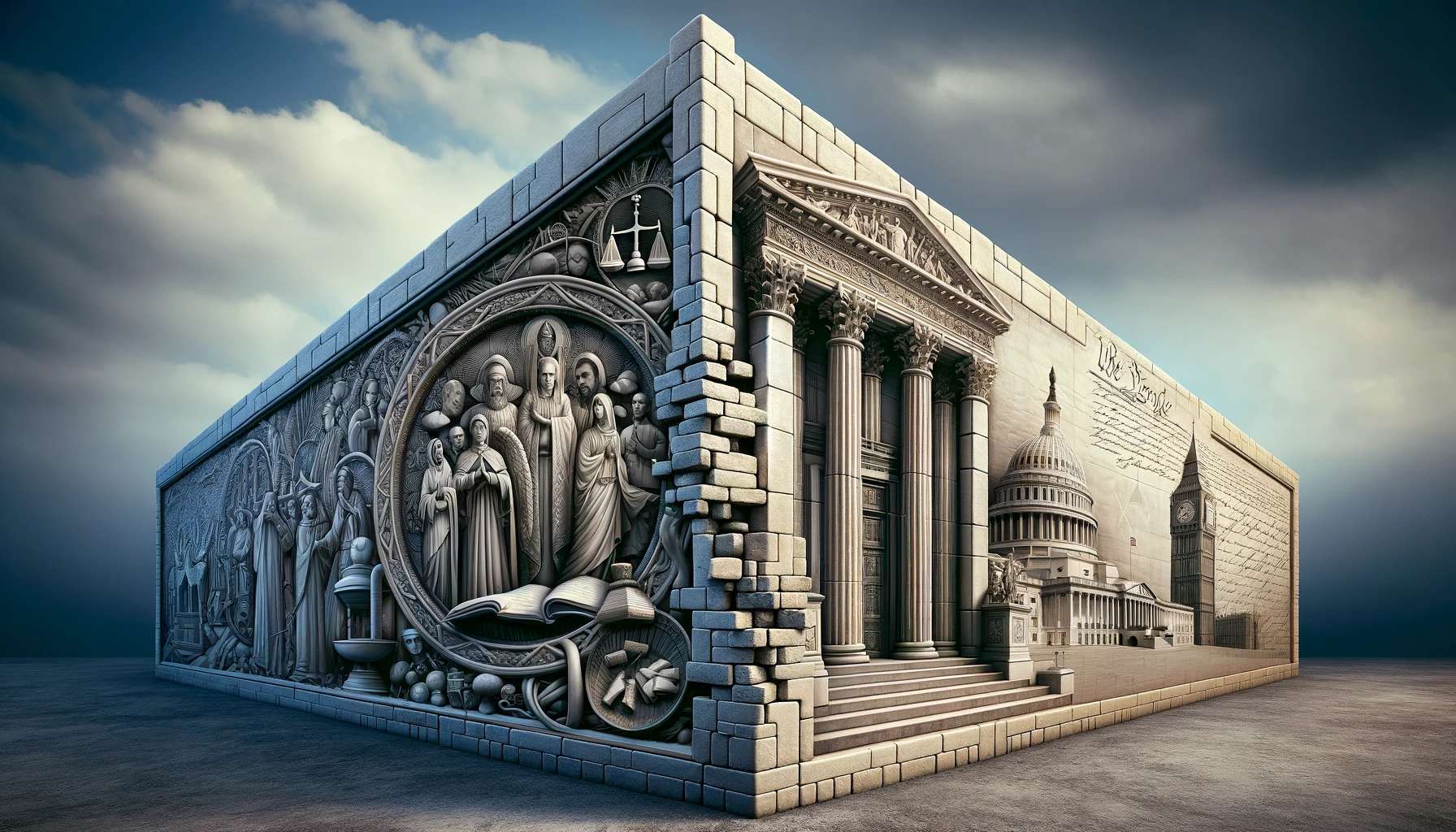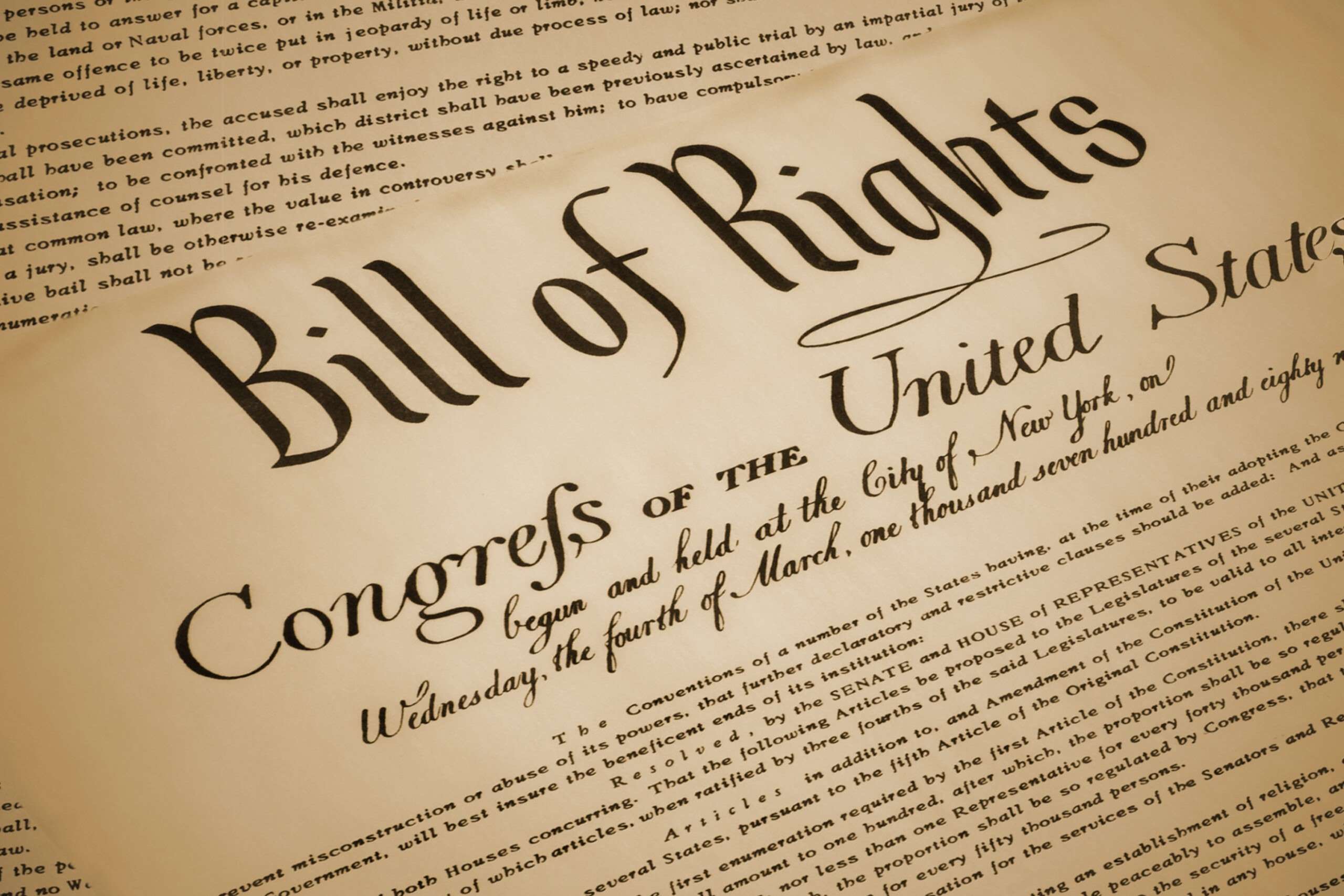Home>Theology and Spirituality>What Did Voltaire Believe About The Relationship Between Church And State?


Theology and Spirituality
What Did Voltaire Believe About The Relationship Between Church And State?
Published: February 11, 2024
Ericka Andersen, an editor at Christian.net, expertly merges digital strategy with content creation, focusing on faith and societal issues. Her communication skills enhance the platform's engaging narratives, fostering meaningful dialogue on belief's impact on society.
Discover Voltaire's beliefs on the church-state relationship and its impact on theology and spirituality. Explore his influential perspectives now.
(Many of the links in this article redirect to a specific reviewed product. Your purchase of these products through affiliate links helps to generate commission for Christian.net, at no extra cost. Learn more)
Table of Contents
Introduction
Voltaire, the renowned French philosopher and writer of the Enlightenment era, was a prominent figure known for his critical thinking and advocacy for freedom of thought and expression. His views on the relationship between the church and the state were shaped by the socio-political landscape of his time, as well as his deep-seated beliefs in reason, tolerance, and individual liberty.
In the 18th century, Europe was deeply entrenched in the influence of the Catholic Church, which held significant power over both spiritual and temporal matters. Voltaire, however, was a staunch advocate for the separation of church and state, a concept that was radical and controversial during his lifetime. His ideas were revolutionary, challenging the traditional authority of the church and advocating for a more secular and rational approach to governance.
Voltaire's writings and philosophical works, including his famous satirical novel "Candide," often critiqued the dogmatic nature of religious institutions and their interference in political affairs. He believed that the church's involvement in state matters led to oppression, censorship, and the stifling of intellectual progress. His unwavering commitment to the principles of reason and individual freedom fueled his relentless criticism of the church's influence on the state.
As we delve into Voltaire's perspectives on the church and the state, it becomes evident that his ideas were not merely a product of intellectual discourse but were deeply rooted in his unwavering commitment to human rights and the pursuit of a just and equitable society. Voltaire's unwavering stance on the separation of church and state continues to resonate in contemporary discussions on the role of religion in governance and the protection of individual liberties.
In the subsequent sections, we will explore Voltaire's views on the church, his perspectives on the state, and how his beliefs shaped his vision for the relationship between church and state. Through this exploration, we aim to gain a deeper understanding of Voltaire's enduring influence on the discourse surrounding the delicate balance between religious institutions and governmental authority.
Voltaire's Views on the Church
Voltaire's views on the church were deeply influenced by his observations of the oppressive and dogmatic nature of religious institutions during his lifetime. He was a vocal critic of the Catholic Church, which held immense power and authority over both spiritual and temporal affairs. Voltaire vehemently opposed the church's interference in matters of governance, as he believed that such influence often led to censorship, persecution, and the suppression of individual liberties.
In his numerous writings and philosophical works, Voltaire consistently challenged the dogma and superstitions perpetuated by the church, advocating for a more rational and tolerant approach to spirituality. His satirical novel "Candide" is a prime example of his critique of religious institutions, highlighting the hypocrisy and corruption prevalent within the clergy. Voltaire's scathing satire aimed to expose the detrimental impact of unchecked religious authority on society, shedding light on the need for reform and intellectual freedom.
Furthermore, Voltaire was a staunch proponent of religious tolerance, emphasizing the importance of respecting diverse beliefs and ideologies. He recognized the dangers of religious fanaticism and the persecution of religious minorities, advocating for a society where individuals could freely practice their faith without fear of persecution or discrimination. Voltaire's unwavering commitment to religious pluralism and individual freedom underscored his vision for a society liberated from the oppressive grip of religious orthodoxy.
In essence, Voltaire's views on the church were characterized by his unwavering dedication to reason, tolerance, and the protection of individual liberties. His relentless criticism of religious institutions and their encroachment into matters of governance reflected his profound belief in the separation of church and state. Voltaire's advocacy for a more secular and enlightened society, free from the shackles of religious dogma, continues to resonate as a cornerstone of modern discussions on the relationship between spirituality and governance.
Voltaire's Views on the State
Voltaire's views on the state were deeply rooted in his unwavering commitment to individual liberty, reason, and the pursuit of a just and equitable society. Living during a time marked by absolute monarchies and entrenched aristocratic privilege, Voltaire witnessed firsthand the oppressive nature of unchecked state power. He vehemently opposed the arbitrary authority wielded by monarchs and the nobility, advocating for a more rational and just form of governance.
In his seminal work "Letters Concerning the English Nation," Voltaire lauded the constitutional monarchy and parliamentary system of England, contrasting it with the despotic rule prevalent in many European nations. He admired the system of checks and balances, where the power of the monarch was constrained by the rule of law and the participation of elected representatives. Voltaire saw this as a model for a more enlightened and accountable form of governance, where the rights of individuals were safeguarded against arbitrary tyranny.
Furthermore, Voltaire was a vocal critic of injustice and inequality perpetuated by the state. His unwavering commitment to social justice and the fair treatment of all individuals fueled his condemnation of institutionalized oppression and discrimination. He used his literary prowess to expose the abuses of power and the plight of the marginalized, shedding light on the need for systemic reform and the protection of basic human rights.
Voltaire's vision for the state encompassed the principles of reason, justice, and the empowerment of the citizenry. He believed in the importance of a government that served the interests of the people, upheld the rule of law, and fostered intellectual and cultural progress. His advocacy for a more equitable and rational form of governance laid the groundwork for future movements seeking democratic reforms and the protection of individual freedoms.
In essence, Voltaire's views on the state reflected his profound belief in the power of enlightened governance to uplift society and ensure the dignity and rights of every individual. His relentless critique of despotism and his vision for a more just and equitable state continue to inspire discussions on the role of government in safeguarding the welfare and liberties of its citizens.
Voltaire's Beliefs on the Relationship Between Church and State
Voltaire's beliefs on the relationship between church and state were deeply rooted in his unwavering commitment to individual liberty, reason, and the pursuit of a just and equitable society. He adamantly advocated for the separation of church and state, viewing the entanglement of religious authority in matters of governance as a threat to intellectual freedom and societal progress. Voltaire recognized that the intertwining of religious and political power often led to oppression, censorship, and the stifling of individual liberties.
Central to Voltaire's beliefs was the notion that the church and the state should operate independently of each other. He vehemently opposed the church's interference in political affairs, as he saw it as a source of corruption and a hindrance to rational governance. Voltaire's writings and philosophical works, including his seminal work "Treatise on Tolerance," underscored the detrimental impact of religious dogma on the state, emphasizing the need for a secular and enlightened approach to governance.
Furthermore, Voltaire's advocacy for the separation of church and state was underpinned by his unwavering commitment to religious tolerance and the protection of diverse beliefs. He championed the idea of a society where individuals could freely practice their faith without fear of persecution or discrimination, independent of state intervention. Voltaire recognized that the imposition of religious doctrine by the state infringed upon the fundamental rights of individuals and hindered the progress of society as a whole.
In essence, Voltaire's beliefs on the relationship between church and state revolved around the principles of reason, tolerance, and the protection of individual liberties. His vision for a society free from the oppressive influence of religious orthodoxy and the arbitrary authority of the state continues to resonate as a foundational pillar of modern discussions on the delicate balance between religious institutions and governmental authority. Voltaire's enduring influence on the discourse surrounding the relationship between the church and the state serves as a testament to his unwavering commitment to the principles of freedom, reason, and the pursuit of a just and equitable society.
Conclusion
In conclusion, Voltaire's profound impact on the discourse surrounding the relationship between the church and the state reverberates through the annals of history, transcending the confines of his era to shape contemporary discussions on the delicate balance between religious institutions and governmental authority. His unwavering commitment to reason, tolerance, and individual liberty served as the bedrock of his beliefs, fueling his relentless advocacy for the separation of church and state.
Voltaire's scathing critique of the oppressive nature of religious institutions and the arbitrary authority of the state underscored his vision for a society liberated from the shackles of dogma and despotism. His writings and philosophical works, characterized by wit, satire, and intellectual rigor, challenged the entrenched power structures of his time, advocating for a more enlightened and equitable form of governance.
Furthermore, Voltaire's unwavering dedication to religious tolerance and the protection of diverse beliefs emphasized the importance of safeguarding individual liberties from the encroachment of both religious and political authority. His vision for a society where individuals could freely exercise their faith without fear of persecution or coercion remains a timeless testament to the enduring principles of freedom and pluralism.
As we reflect on Voltaire's legacy, it becomes evident that his beliefs on the relationship between church and state were not merely a product of intellectual discourse but were deeply rooted in his unwavering commitment to human rights and the pursuit of a just and equitable society. His advocacy for the separation of church and state continues to resonate as a cornerstone of modern discussions on the role of religion in governance and the protection of individual liberties.
In a world marked by diverse religious beliefs and complex political landscapes, Voltaire's enduring influence serves as a guiding light, illuminating the path toward a society where reason, tolerance, and individual freedom form the pillars of governance. His legacy challenges us to uphold the principles of liberty and justice, fostering a society where the separation of church and state ensures the protection of individual rights and the advancement of a more enlightened and equitable world for generations to come.
